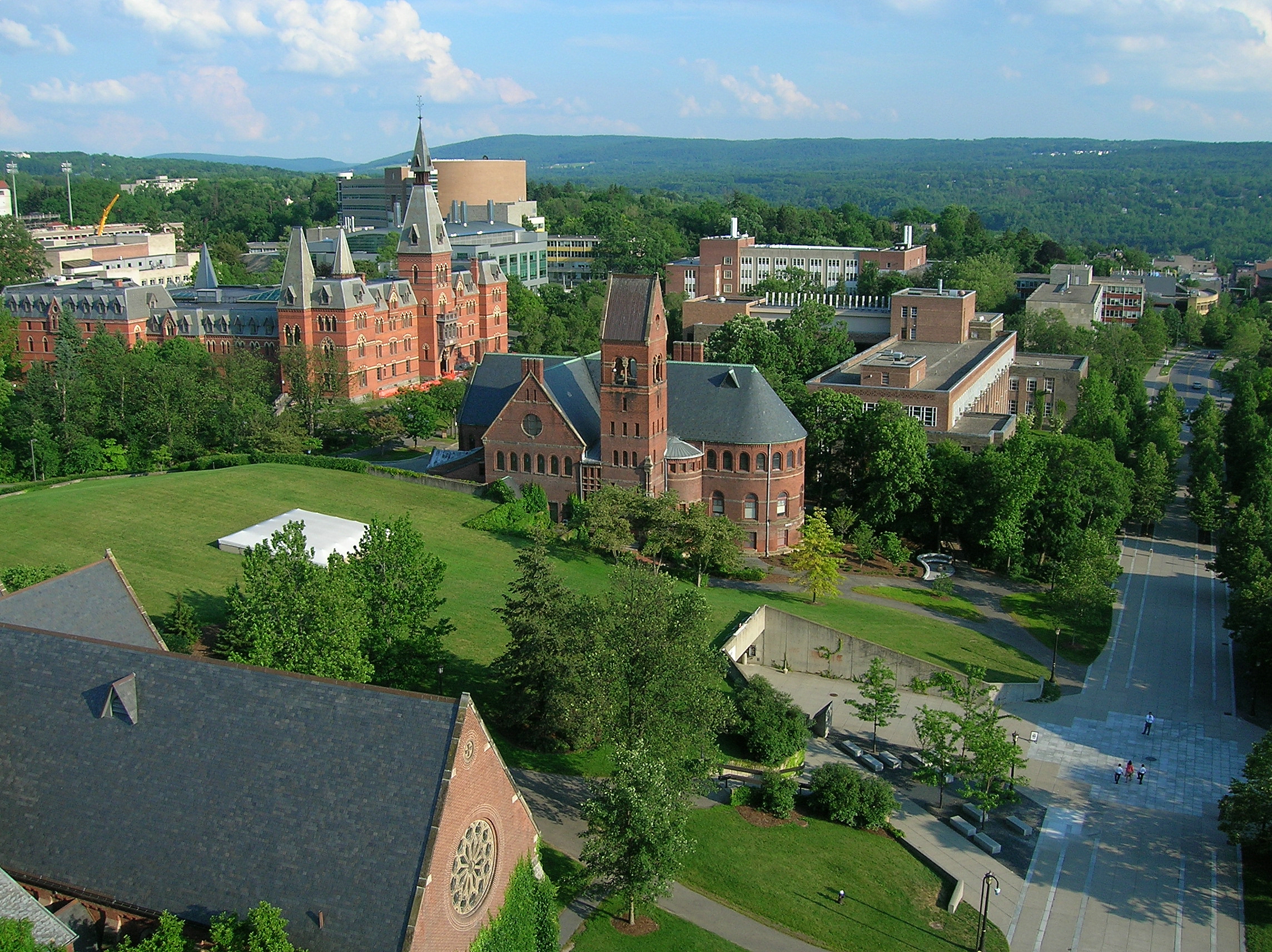
How Monsanto Mobilized Academics to Pen Articles Supporting GMOs
Monsanto Co.'s undisclosed recruitment of scientists from Harvard University, Cornell University and three other schools to write about the benefits of plant biotechnology is drawing fire from opponents.
The company's role isn't noted in the series of articles published in December by the Genetic Literacy Project, a nonprofit group that says its mission is "to disentangle science from ideology." The group said that such a disclosure isn't necessary because the the company didn't pay the authors and wasn't involved in writing or editing the articles.
October 2, 2015 | Source: Chicago Tribune | by Jack Kaskey
Monsanto Co.’s undisclosed recruitment of scientists from Harvard University, Cornell University and three other schools to write about the benefits of plant biotechnology is drawing fire from opponents.
The company’s role isn’t noted in the series of articles published in December by the Genetic Literacy Project, a nonprofit group that says its mission is “to disentangle science from ideology.” The group said that such a disclosure isn’t necessary because the the company didn’t pay the authors and wasn’t involved in writing or editing the articles.
Monsanto says it’s in regular contact with public-sector scientists as it tries to “elevate” public dialog on genetically modified organisms, or GMOs. U.S. Right to Know, a nonprofit group funded by the Organic Consumers Association that obtained emails under the Freedom of Information Act, says correspondence revealing Monsanto’s actions shows the “corporate control of science and how compliant some academics are.”
The articles have become the latest flashpoint in an information war being waged over plant biotechnology by its supporters, who sometimes have corporate funding, and its opponents, some of whom are funded by the fast-growing organic food industry. The challenge for the pro-GMO lobby is the yawning gulf between scientific consensus and public perception. A Pew Research Center poll in January found 88 percent of scientists believed GMOs to be “generally safe” versus 37 percent of U.S. adults. That gap was the widest among 13 questions asked by Pew, surpassing divides on climate change and evolution.
The articles in question appeared on the Genetic Literacy Project’s website in a series called “GMO – Beyond the Science.” Eric Sachs, who leads Monsanto’s scientific outreach, wrote to eight scientists to pen a series of briefs aimed at influencing “public policy, GM crop regulation and consumer acceptance.” Five of them obliged.
